In the past electric forklifts may have had a reputation for not being as ‘tough’ as their Internal Combustion Engine (ICE) cou...
![]()
In the past electric forklifts may have had a reputation for not being as ‘tough’ as their Internal Combustion Engine (ICE) counterparts. However, Hyster®forklifts with lithium-ion batteries are challenging this perception in many applications.
![]()
Logistics operations are usually high-intensity, multi-shift operations that demand round the clock truck availability and maximum uptime. Common objections to electric lift trucks with lead acid batteries in the past would often be around the necessary charging infrastructure, as well as the time taken to re-power batteries or swap them over. Integrated lithium-ion batteries don’t come with the same issues.
Fast, opportunity charging
For instance, with fast charging times of just 1-2 hours, the Hyster J2.5-3.0XNL series lift trucks, which lift up to 3 tonnes, provide an effective solution for increasing operational uptime. High hour operations will often find that, despite the greater upfront investment, lithium-ion forklifts prove an economical choice over time compared to other power options.
The sector is increasingly competitive, so managing costs is perhaps more vital than ever. The right choice of materials handling equipment can support logistics operations in keeping costs down.
Opportunity charging of the lithium-ion batteries enables the J2.5-3.0XNL trucks to top up on power during break times, supporting high productivity with no adverse effect on battery life. Operations with two or three shift operations can easily top up the charge. This alternative charging strategy also saves valuable space. Where real estate is increasingly expensive, there is no need to allocate space for battery storage, or as a charging room, so more of the building footprint can be used for profitable activities.
Lithium-ion batteries are also maintenance free, with no watering or equalising, unlike a lead-acid battery. A single shift, seven-day-a-week operation using an electric forklift with a lead acid battery would, by contrast, need to equalise every six cycles for 16 hours. For multi-shift logistics operations, this maintenance multiplies, which may impact productivity and truck available uptime, with a knock-on effect to costs.
Space-saving design
Plus, the design of the Hyster J2.5-3.0XNL helps free space in the operator compartment, maximising comfort and convenience to enable the high productivity that is so essential to logistics applications. The space-saving design includes a lowered seat and floor plate to provide easy ingress and egress from the truck, helping operators keep up with fast moving operations. The Hyster lithium-ion forklifts are also quieter than their ICE alternatives for added comfort.
The compact design of the Hyster J2.5-3.0XNL forklifts also helps deliver high performance even in warehouses where aisles are becoming narrower to maximise storage. Simple controls and excellent manoeuvrability support precise retrieval, for optimal efficiency and minimised stock damage. The ability to run and charge trucks internally without additional ventilation also provides a pollution-free alternative well suited to indoor/outdoor applications.
Sustainability focused
The switch to lithium-ion powered electric trucks is a big business decision and may require changes to infrastructure and a new charging strategy. However, forward-thinking companies with high-intensity operations will not only be able to take advantage of productivity and cost benefits but use zero-emissions lift trucks that align with their sustainability objectives too.
Within logistics, the profile of sustainability and environmental issues is increasing, often driven by customer expectation. Millennials and ‘conscious consumers’ are increasingly keen to make ethical buying choices and have a more favourable response to companies with good green credentials. This extends to the logistics element of their transaction, as much as the brand they are buying from.
Lift trucks are contributors to emissions and therefore a business’ carbon footprint. This is driving a move in some operations from ICE trucks towards electric forklifts. To meet the intense activities of 3PLs, lithium-ion lift trucks are a sustainable solution that can help keep operations running across long shifts.
![]()
Heavy handling with lithium-ion
Lithium-ion forklifts are not only a powerful solution for lower capacity warehouse and counterbalance trucks. Advances in Hyster technology and design are bringing these benefits to handling increasingly heavy loads. This means that Hyster lithium-ion forklifts are a viable solution for logistics applications taking place within heavy industry applications, such as those handling construction materials, paper, timber, or metals.
The Hyster J7.0-9.0XNL series, for lifts up to 9-tonnes, uses 350V technology which makes high-power charging and intensive performance possible. The higher voltage system makes it possible to charge at up to 50kW, speeding up the process and preventing overheating in intensive work cycles, such as the peaks often encountered in logistics.
For even heavier loads, and particularly well suited to outdoor handling and storage applications, the Hyster J10-18XD series models can lift up to 18-tonnes. With lithium-ion battery packs, these trucks provide full power and acceleration, comparable to a diesel forklift but with no emissions, and no compromise on performance or efficiency. This is a real breakthrough for businesses in heavy industry that are keen to achieve green objectives in factories and warehouses.
![]()
It depends on the application
Before shifting from ICE to electrics, businesses must always look at the realities of what is the best fit for their particular organisation’s needs, and not rush into ticking the ‘green’ box.
Not every solution is right for every application. Coupled with that, lithium-ion powered electric trucks are a more expensive initial purchase. However, they have a long working life, and when matched with the right application, will offer productivity gains that can offset the cost.



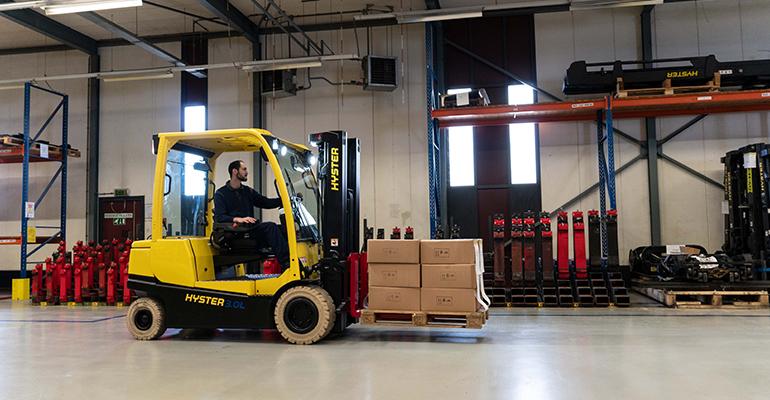
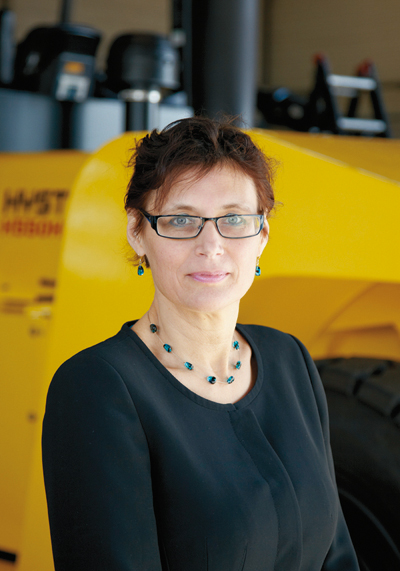
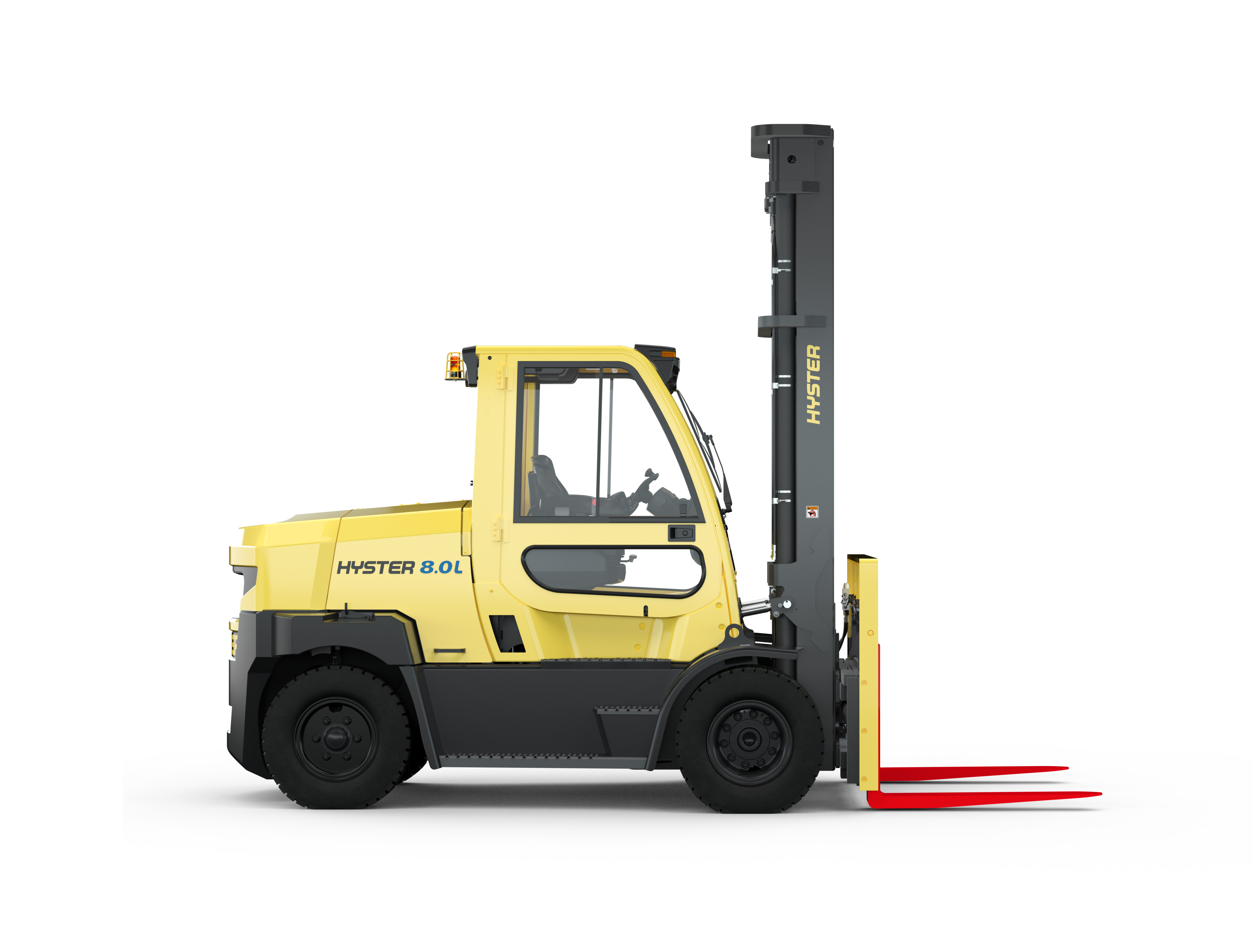

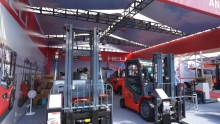
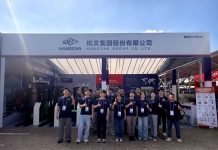
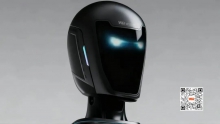

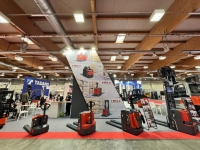
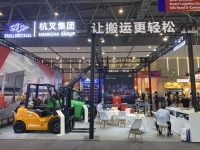
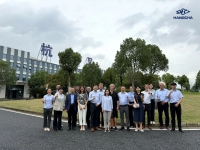
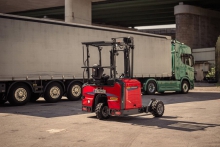
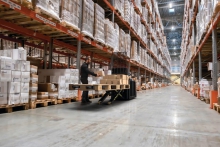
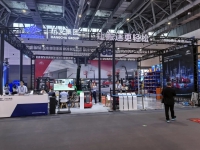


 粤公网安备 44010602003952号
粤公网安备 44010602003952号